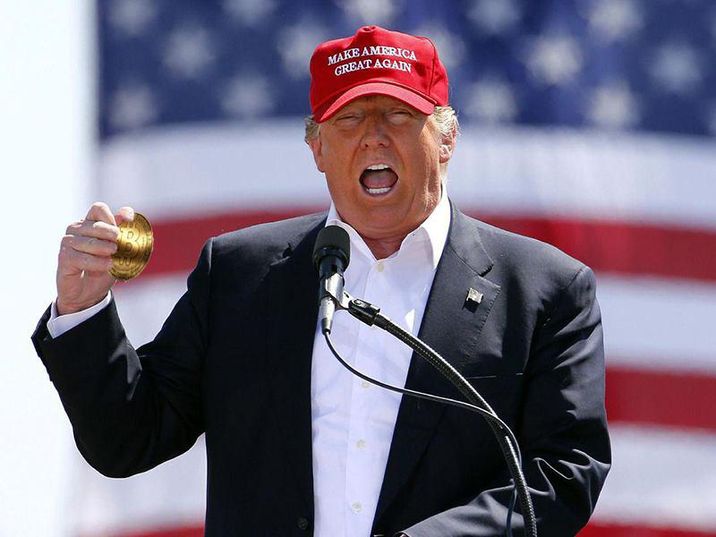Bitcoin Isn’t Going Anywhere, But Banks Might

Earlier this year, the founder of FinTech, Frank Schwab, made a shocking statement that has been the subject of many articles since then. “Bitcoins are here to stay,” he said, “but banks might disappear.” With such a polarizing statement, both Bitcoin enthusiasts and critics have spent time diving into his meaning further, and here’s what they’ve found.
Bitcoin Here to Stay
The first part of that statement, Bitcoin is here to stay, is something that most business experts can no longer deny. 2016 is the Year of the Bitcoin, with the digital currency exploding into many major markets and industries. According to Schwab, Bitcoin is the first globally relevant cryptocurrency, and he’s right. Bitcoin was indeed the first of its kind, and it doesn’t require banks or any sort of banking system.
Bitcoin is: untraceable, intangible, uncontrolled by any central authority, and legal. For all of these reasons, it is becoming one of the most sought-after currencies available. When the Bitcoin was first introduced to the market in 2009, it was equal in value to the U.S. dollar. Now it has a value of over $400, and it climbs every day. The highest value it ever saw was $1,200, and there’s nothing indicating that it couldn’t climb to that height again in the right market circumstances.
Banks On the Way Out
It could be said that the death of the traditional bank started with the rise of payment methods like Paypal, but now more than ever is the slow death march of the brick-and-mortar bank completely visible. There are more startups for bartering systems, digital currencies, and digital payment systems every day, and each offers consumers more flexibility and more access to their money.
Banking is becoming largely less profitable thanks to the economy changes, bail outs, and a lack of consumer trust. The reputation of banks was irreversibly damaged during the housing market collapse, and that sort of shift in total consumer trust can be devastating to any business.
In fact, authority in traditional business in general is becoming a much more fluid concept. What was once a service staffed by employees is now a lead-generator for entrepreneurs. Can a lending club, for example, be thought of as a banking service, or should we now begin to define it as a business that helps coordinate the resources of private investors? Our regulatory systems are leaving the old business models in the dust, and nowhere is that more easily seen than in the banking industry.
The Future of Finance
Banks no longer have the trust and authority they once did. Bitcoin offers consumers a way to control their own finances, privately, without regulation. It’s clear that as one old puzzle piece crumbles away from the picture, a new one is slowly emerging.
Tech experts like Schwab are already ahead of the game, declaring for the world that banks are dead. As the rest of the financial industry catches up, it’s time for the Bitcoin to shine.